SUMMARY
This is AI generated summarization, which may have errors. For context, always refer to the full article.
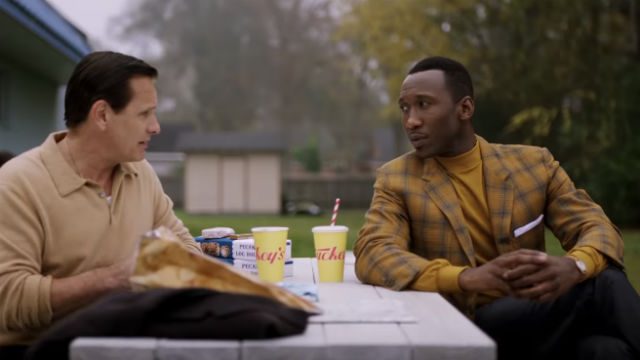
The Oscars getting it “wrong” is the rule rather than the exception.
Throughout its long and storied history, the Oscars has been marked by its so-called lapses in judgment. Lapses to the point that it’s not unusual to hear of “make-up” Oscars — awards given to add that “Academy Award Winner” prefix to an artist’s name long after a previous snub or defeat.
On more than one occasion, an artist’s magnum opus is not even what they win an Oscar for.
There’s Al Pacino who didn’t bag Best Actor for The Godfather but did so for Scent of a Woman; Martin Scorsese who only won Best Director for The Departed, 30 years after Taxi Driver; And most recently, Spike Lee, whose win is less than a week old (and it’s not even for Best Director).
The list just goes on and on.
It’s just part of the Oscars, cineastes are well-aware of this. In fact, It’s even become a game for many to prepare two prediction ballots during awards season.
The first, the films deserving to win; the second, the ones that actually end up winning.
#OscarsSoBad?
Beyond the long-expected divisiveness the Oscars bring every year, this 2019 awards show turned out to be yet a greater debacle than anyone thought it would become.
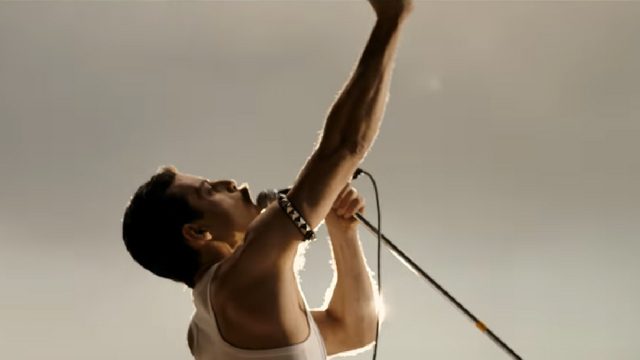
From the announcement of a “Popular Oscar” category late last year, to the list of nominees which includes the critically-derided fan favorite Bohemian Rhapsody for Best Picture, to plans of cutting from the live telecast the announcement of technical awards such as Best Cinematography and Best Editing, it just been wave after wave of backlash.
Finally, cementing this unpopularity is the win of the Peter Farrelly-directed docudrama Green Book as Best Picture over the likes of Roma and The Favourite.
The ‘Green Book’ backlash
For many critics, Green Book — which is the story of Italian-American bouncer Tony Lip (Viggo Mortensen) escorting black musical prodigy Dr. Don Shirley (Mahershala Ali) across the American South of the 60’s — is a step back into Hollywood’s tendency of mishandling black stories.
In a post #OscarsSoWhite world, and with strides like Moonlight’s big win in 2017 and the success of Black Panther, it feels regressive to give the Best Picture award to a film that has been criticized for reinforcing “white savior” and “magical negro” tropes, as well as simplifying the issue of racism in America.
Adding to the controversy are accusations of Islamophobia to the film’s writer, alleged sexual misconduct on the director, and the family of the real-life family of Don Shirley lambasting the movie’s inaccuracies.
To top it all off, while not necessarily a bad film (Green Book has middling-to-positive reviews on Rotten Tomatoes), the film doesn’t exactly scream “great” either. And isn’t awarding “greatness” the purpose of the Oscars?
History repeating itself
The win of Green Book has been called by The LA Times as “the worst best picture since Crash.” (Trivia: Green Book, with 79% on RT, has the worst score for a Best Picture winner since Crash, which scored 74%)
What’s Crash you may ask? Exactly. (Get the point?)
Chances are you’ll be more familiar with the film it was up against back in 2005; Ang Lee’s takedown of machismo, the cowboy LGBT-romance drama, Brokeback Mountain.
So in honor of Green Book’s and Crash’s victories, here are Brokeback Mountain and other fairly recent Best Picture nominees which in hindsight we ask “why didn’t they win?”
(I’m excluding the 2019 Oscars results for the reason that it’s just too soon. That and, between Roma, The Favourite, and A Star is Born, I personally am still not sure which I’ll be fondly remembering in the years to come.)
Call Me By Your Name (2017)
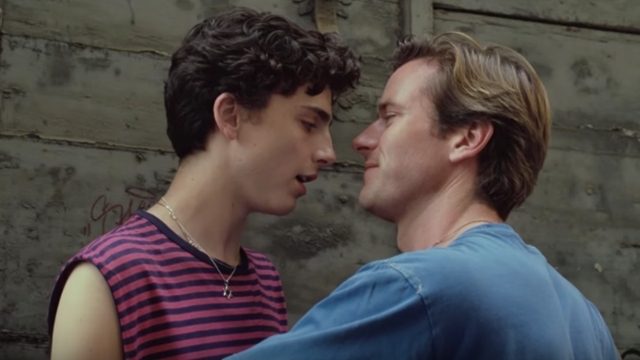
The Shape of Water is fine; it is kind of sweet actually. However, it doesn’t quite match up to the beauty that is Luca Guadagnino’s Call Me By Your Name.
Starring Armie Hammer and breakout star Timothee Chalamet as star-crossed summer lovers, Call Me By Your Name doesn’t dwell on confused identities or the repression that is usually ascribed to LGBT romance.
Instead, the film is a celebration of the heights of desire and the excitement of falling in love for the first time.
Boyhood (2014)
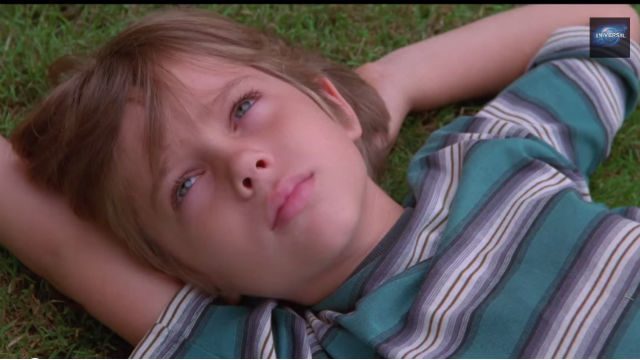
There’s long been a notion that the Academy Awards are narcissistic and are obsessed with movies about themselves, about Hollywood.
They gave Best Picture win to The Artist in 2011, Argo in 2012, and even the Shape of Water in 2017 is symptomatic of this assumption.
However, the most glaring by far of this kind of Oscars win is Alejandro González Iñárritu’s Birdman triumph over Richard Linklater’s Boyhood.
While Birdman has the conceit of looking as it was shot in one-take (yes, a technical achievement nonetheless), Boyhood actually upended the film craft by being shot throughout 12 years.
Instead of going in hot-blooded, comedy and satire abound, Boyhood chooses to be poignant by curating vignettes that serve as time capsules capturing protagonist Mason’s (Ellar Coltrane) coming-of-age, as well as chronicling the world as it changes in the backdrop.
Boyhood is a product of zealous devotion unlike any other.
The Social Network (2010)
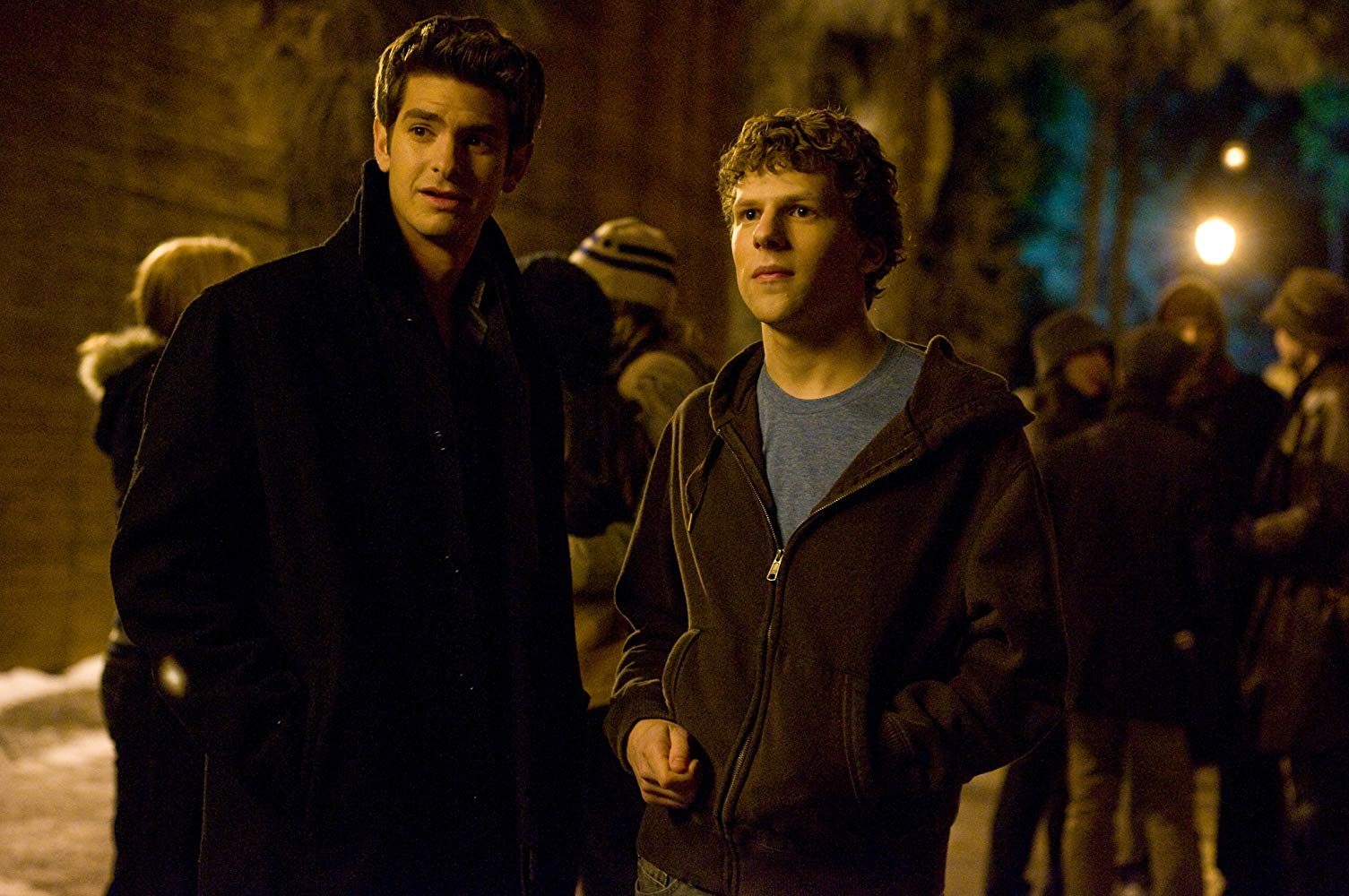
The Social Network may be a bit premature since Facebook has only grown even more contentious since the film’s debut in 2010. However, it is a film already representative of the decade as it captures how social media has snowballed, engulfing our world on both the macro and micro level.
Through the combination of David Fincher’s deft direction and Aaron Sorkin’s masterclass in writing dialogue, viewers are treated to a thriller that deals with the drama and manipulations at the core of the Facebook’s founding.
And even though not wholly historically-accurate, there’s a prescience to watching The Social Network today.
The film posits amorality as requisite in catapulting Facebook to the behemoth that it is now. In the age of fake news and the Cambridge Analytica scandal, that doesn’t feel too far-fetched after at all.
Oh right, the film that won that year? The King’s Speech. *shrug emoji*
There Will Be Blood (2007)
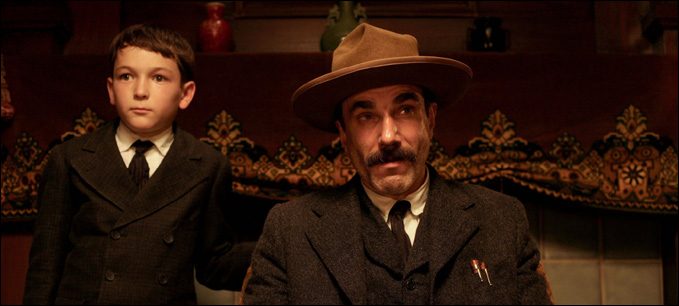
2007 was a great year at the Oscars. Competing for Best Picture were No Country for Old Men and There Will Be Blood — both masterpieces in their own right.
However, the former winning over the latter can be a bit of a disappointment.
Though both films are nihilistic in their portrayal of the darkness at the center of men’s hearts, There Will Be Blood is a notch higher above No Country For Old Men for its narrative depth and technical prestige; It is arguably director Paul Thomas Anderson’s best film to date.
There Will Be Blood boasts of GOAT performances from Daniel Day-Lewis and Paul Dano, exquisite cinematography Robert Elswit, and a captivating score from Radiohead’s Johnny Greenwood.
Compounded, all these elements create a deeply introspective character study on greed, ego, and tolls of capitalism.
Brokeback Mountain (2005)
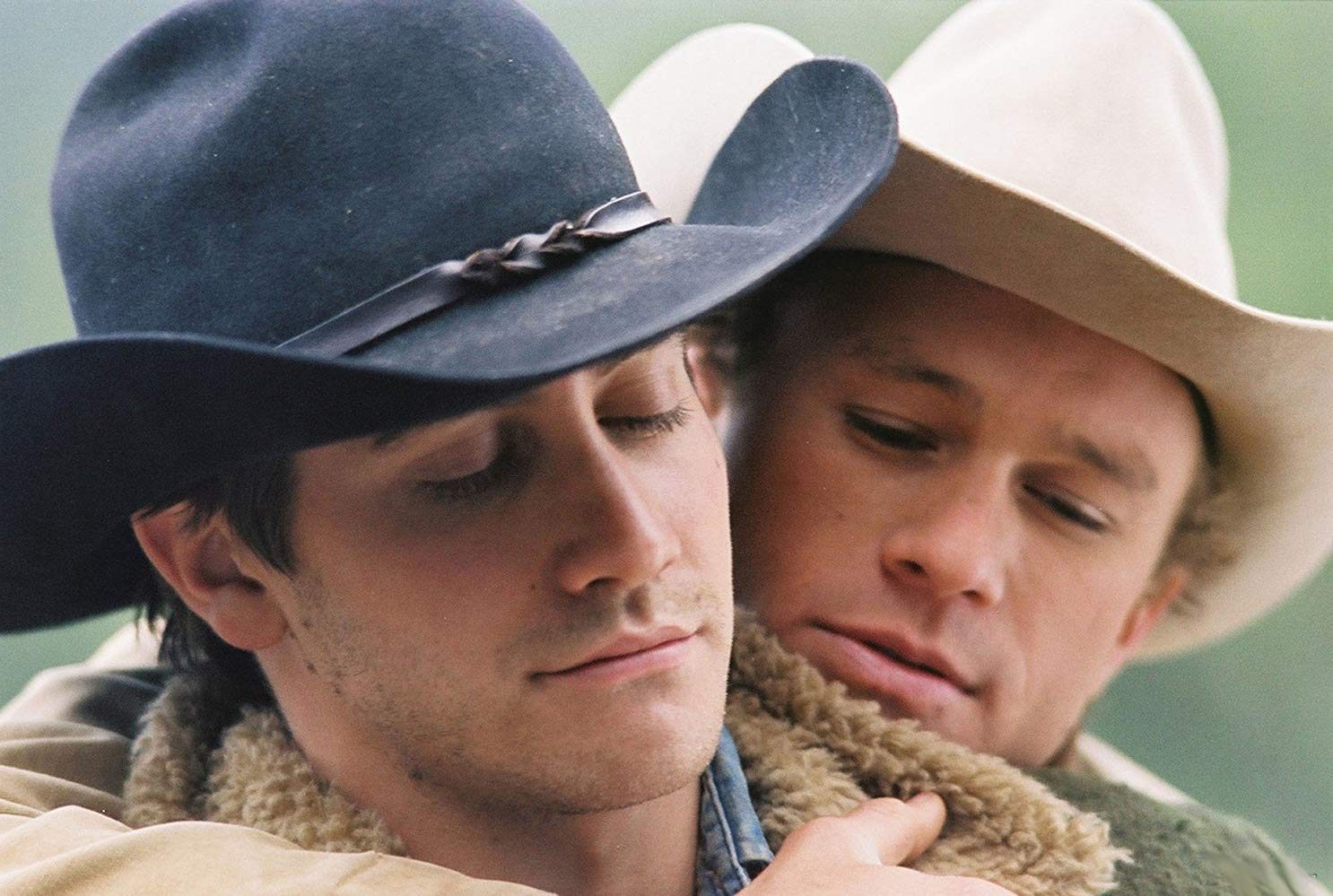
Well, Brokeback Mountain got its dreams crushed by Crash.
A film ahead of its time, the 2005 Brokeback Mountain was tour de force for both of its stars, the late Heath Ledger and Jake Gyllenhaal.
Depicting the enduring cycle of longing and pain that comes with love curtailed by prejudice and self-repression, the film is made even more tragic by how heartfelt and how fully-realized director Ang Lee puts the film together.
At the time, there were speculations that what led to Brokeback Mountain’s loss was its subject matter, which older members of the Academy were said to be uncomfortable with.
Beyond the 2000’s, other cinematic achievements that weren’t recognized as best picture winners include:
- Saving Private Ryan (1998)
- Pulp Fiction (1994)
- ET (1982)
- Apocalypse Now (1979)
- The Graduate (1968)
- Citizen Kane (1942)
– Rappler.com
Add a comment
How does this make you feel?
There are no comments yet. Add your comment to start the conversation.